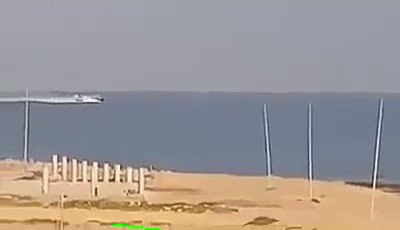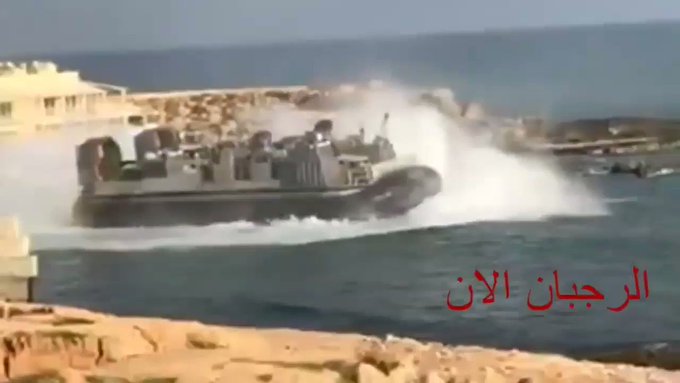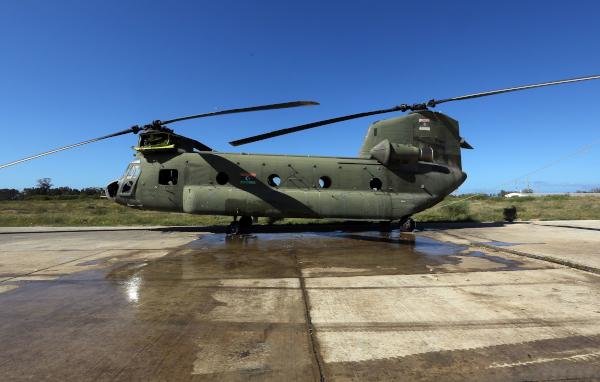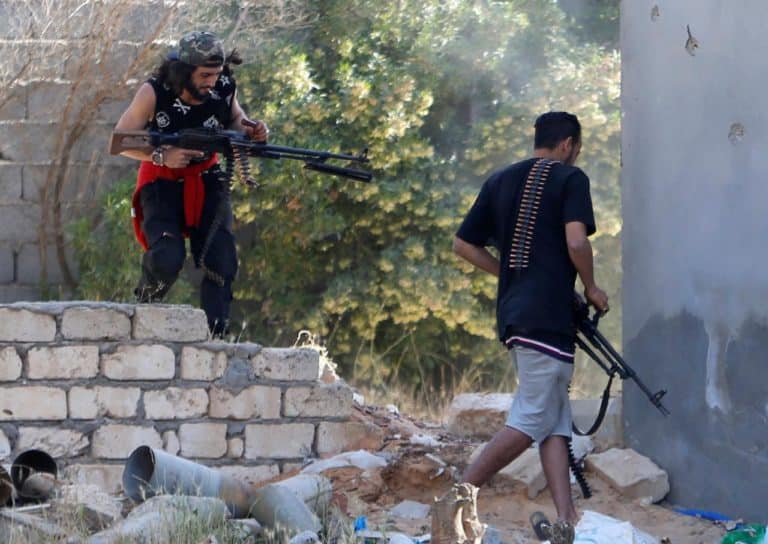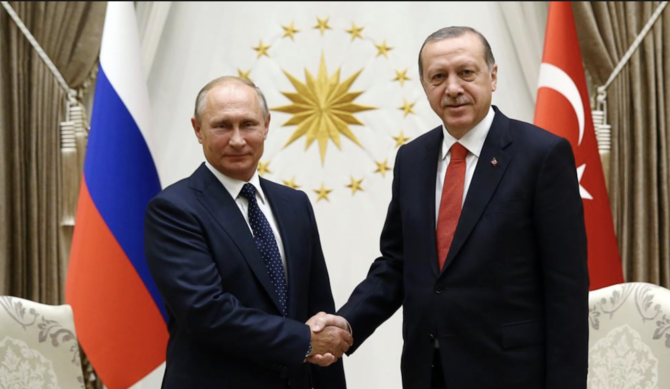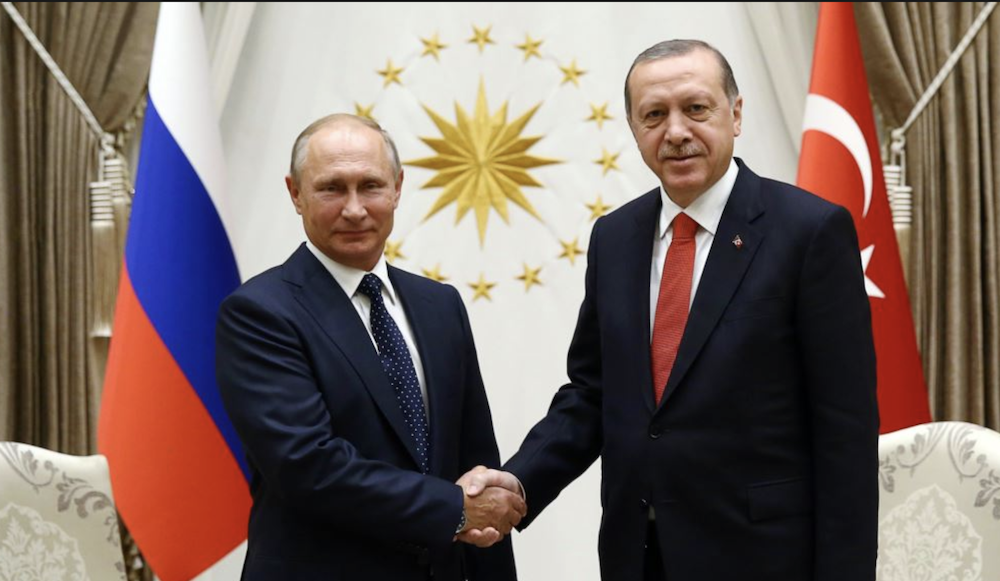Banks could be Libya’s next battle
by Reuters -
25th Apr 2019
Eastern Libya commander Khalifa Haftar has thrown much of his military forces into attacking Tripoli, but the outcome of the offensive could be determined by a separate battle — to keep the parallel finance system funding his soldiers open.
Mobilising Libya’s biggest military campaign since the 2011 overthrow of Muammar Gaddafi, Haftar advanced on the UN-backed administration in the capital from a bastion in the east, where he has a parallel government and central bank branch.
The general funded his eastern state with a mix of unofficial bonds, Russia-printed cash and deposits from eastern banks, accumulating debt worth around 35 billion Libyan dinars ($25.18 billion) outside the official banking system.
Diplomats and banking sources say those sources of support might be closing, as the Tripoli-based central bank, which controls the country’s energy revenues, takes steps to curtail bank operations in the east.
Those banks have in recent months struggled to meet minimum deposit requirements, which could give the Tripoli central bank allied to Tripoli Premier Fayez al-Serraj the excuse to shut off access to hard currency, they said.
“There is a looming banking crisis that could undermine eastern authorities’ ability to fund themselves in the near future,” said Claudia Gazzini, senior Libya analyst at International Crisis Group.
“The crisis was in the making before war broke out.”
Haftar built up his Libyan National Army (LNA) with the help of the United Arab Emirates (UAE) and Egypt supplying heavy gear such helicopters, according to UN reports.
WELFARE STATE
Gulf countries including the UAE prefer not to give cash to Haftar, fearing it will be used for the wrong purposes, several diplomatic sources told Reuters.
That forced the septuagenarian leader to use merchants to import vehicles and other gear with hard currency from the Tripoli central bank and paid out by eastern commercial banks letters of credit, military sources said.
There is no public data on the costs of Haftar’s war. He has sent more than 1,000 troops west plus support staff including drivers and medics, military sources and residents said.
Fuel is no problem, costing just 0.15 dinars a litre, with state oil firm NOC serving the whole country.
In its attempt to capture Tripoli the LNA uses hundreds of vehicles, with convoys going west non-stop from Benghazi, carrying soldiers, ammunition and food.
Additionally, there aretwo flights daily by Russian transport aircraft from Benghazi to Jufrah in central Libya, his main base. Seriously wounded soldiers are flown to Tunisia.
The offensive has stalled and the LNA vows to move in more troops.
Haftar’s finances face another potential vulnerability.
In November, the House of Representatives allied to Haftar approved setting up a military investment authority which gives the LNA control of parts of the economy including civilian activities such as scrap metal.
The investment vehicle companies are exempt from tax and import duties, as part of a welfare state envisaged by Haftar, but need banks to deal with partners abroad and expand, analysts say.
“If the banks fail, Haftar’s welfare state will come under pressure,” said a Western diplomat.
SUPPORT NETWORK
Functioning banks are needed for Haftar’s parallel government to pay salaries and serve an LNA support network, analysts say. The central bank in Tripoli covers some public salaries in eastern Libya but not LNA soldiers hired after 2014 when the country split into western and eastern administrations.
The Tripoli central bank has cut three eastern banks from Libya’s electronic banking system to curb operations. Lenders can access hard currency via other banks but the Tripoli central bank might shut access completely, diplomats and business sources said.
The Tripoli central bank (CBL) vows to stay neutral but diplomats say it is helping Serraj, approving plans to allocate some two billion dinars for his own war effort.
CBL did not respond to mailed questions.
There has been a banking crisis building up across Libya specially in the east, where three banks struggle to keep a required 20% of customer deposits at the Tripoli central bank. They have been paying out more hard currency in recent months, but need to balance accounts.
“Deposits with CBL have fallen short of statutory minimum requirements,” Husni Bey, a prominent business leader and owner of HB group, said.
Data received by Reuters confirmed this.
FEW OPTIONS
Diplomats do not expect Tripoli central bank governor Sadiq al-Kabir to shut eastern banks completely as this would pose risks for western lenders. The same banks operate in the west and east with money flows difficult to differentiate.
They fear the longer the conflict lasts, the harder it will be to unify central banks and repay debt.
The west piled up debt of 68 billion dinars, bringing Libya’s total deficit and public debt to 130 billion, including unpaid state obligations such as social insurance, said Bey.
The biggest concern among diplomats is that Haftar, who surprised world powers with his offensive, might try selling crude from oilfields and ports, bypassing NOC.
“If the offensive fails, Haftar might do this as he feels encouraged by US President Donald Trump,” a Western diplomat said.
On Friday, the White House said Trump told Haftar he recognised his “significant role in fighting terrorism and securing Libya’s oil resources”, a comment which enraged opponents and fired up LNA supporters.
Banks could be Libya’s next battle - defenceWeb



